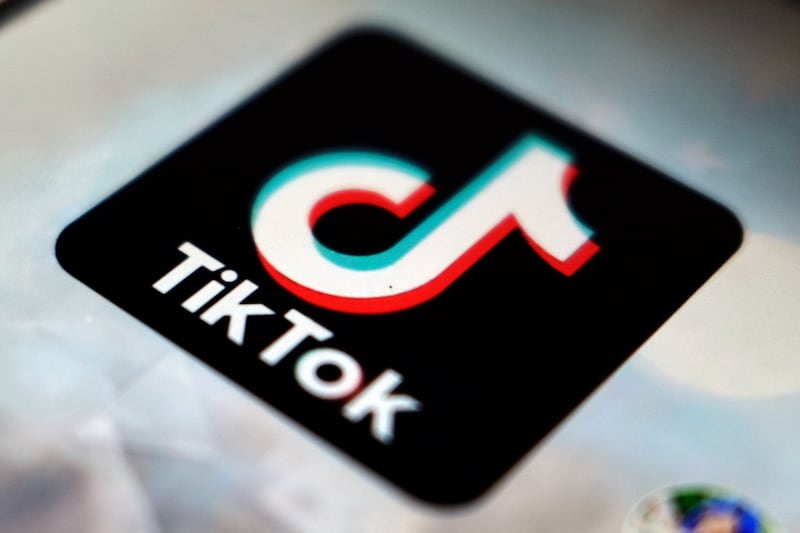A new bill, unveiled in the U.S. Senate on Wednesday, proposes to establish a minimum age for using social media.
The bipartisan measure would “prohibit users who are under age 13 from accessing social media platforms.”
Named the “Protecting Kids on Social Media Act,” it would prevent tech companies from distributing algorithm-recommended content to those under 18 and require parental consent before creating a profile.
Democratic Sen. Brian Schatz of Hawaii, a co-sponsor, said during a press event that “social media (companies) have stumbled onto a stubborn, devastating fact: The way to get kids to linger on the platforms and to maximize platforms is to upset them.”
Social media bill sets to verify age
Republican Sen. Tom Cotton of Arkansas, another co-sponsor of the bill, said he believes this bill will give the power back to the parents.
“Big tech has exposed our kids to dangerous content and disturbed people,” Cotton said at a news conference, per NBC News.
Another component of the bill is a pilot program, headed by the Secretary of Commerce, to virtually verify users according to age requirements. The Federal Trade Commission will be tasked with enforcement.
“Moms and dads have felt helpless while their kids suffer, sometimes leading to devastating tragedies,” he said.
According to a recent study from the Centers for Disease Control and Prevention, 42% of high school students said they experienced sadness and hopelessness last year, while more than one-fifth said they contemplated suicide.
The other two sponsors are Democratic Sen. Chris Murphy of Connecticut and Republican Sen. Katie Britt of Alabama.
“As a parent of two kids — one a teenager and one about to be a teenager — I see firsthand the damage that social media companies, 100% committed to addicting our children to their screens, are doing to our society,” said Murphy in a statement.
“The alarm bells about social media’s devastating impact on kids have been sounding for a long time, and yet time and time again, these companies have proven they care more about profit than preventing the well-documented harm they cause.”
Reaction and context
Utah Gov. Spencer Cox recently signed two bills that would bar those under 18 from using social media without parental permission, making it the first state to do so. Arkansas is following Utah’s legislation while Connecticut, Louisiana, Maryland, Minnesota, New Jersey, Ohio and Texas are also considering age verification-related bills.
Some family policy and media experts showed concern over the proposed federal law that sets out to protect children but increases government oversight. James Steyer, the founder and CEO of Common Sense Media, which rates media content suitable for children, said in a statement posted to Twitter that this strategy would further harm “kids and families.”
“Congress should place the onus on companies to make the internet safer and avoid placing the government in the middle of the parent-child relationship,” he said.
The Family Online Safety Institute said in a statement: “Children have rights, particularly older teens, and should have the privacy and freedom to access information about sexuality, history, religion, and health.”
Cotton, who introduced the bill, dismissed the concerns over privacy, according to CNN.
“If a child is, say, too young to sign a contract or too young to open a bank account in the real world, they’re too young to sign terms of service agreements and use social media in the digital world,” he told reporters.


